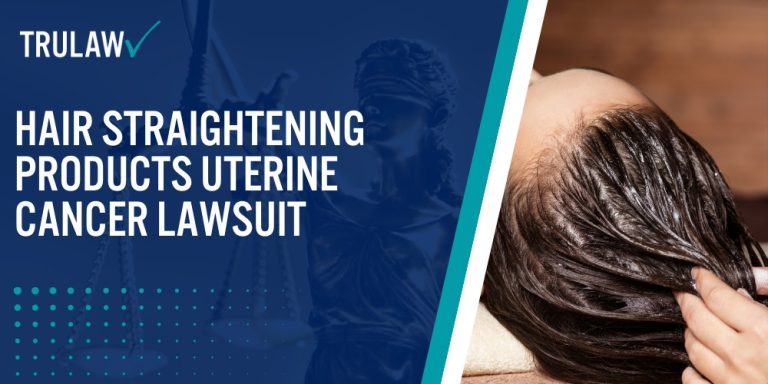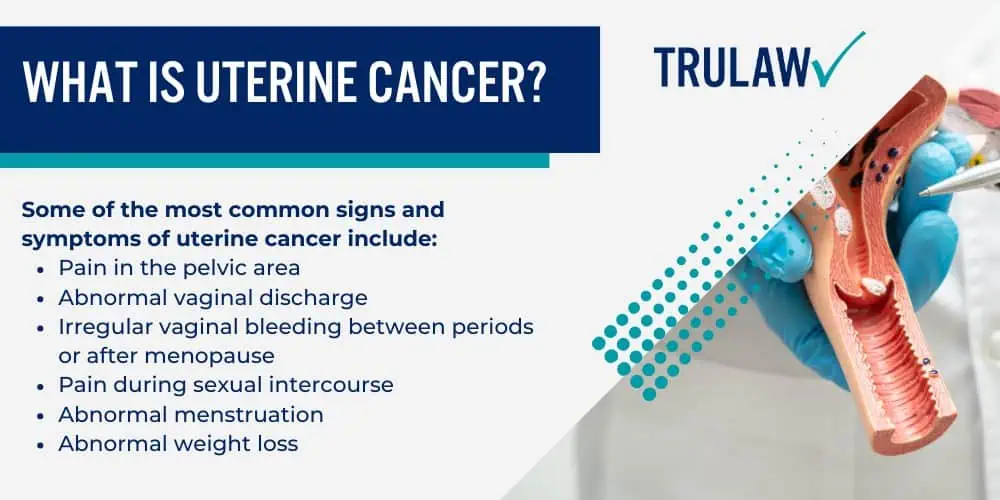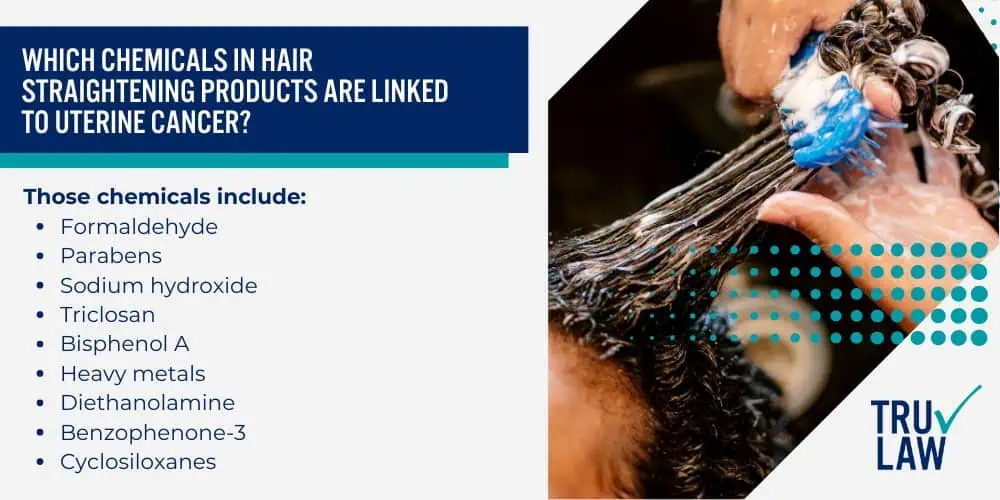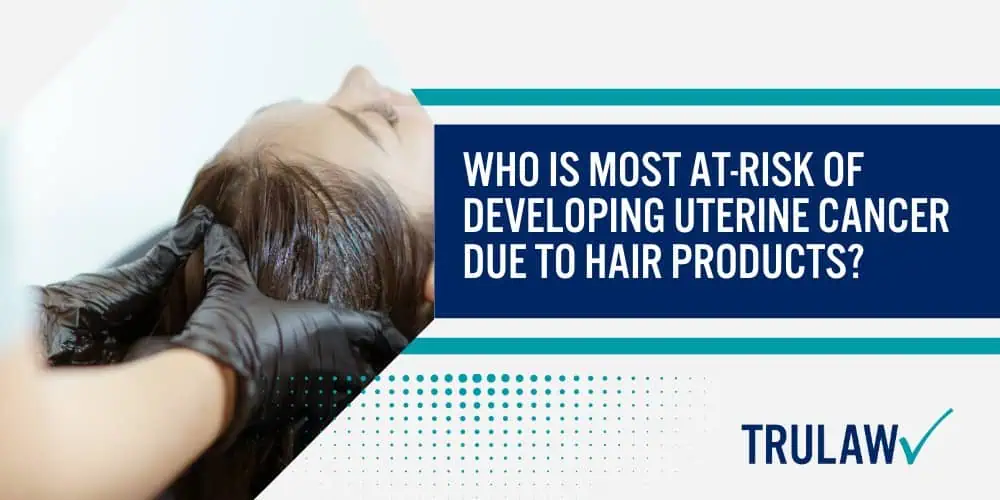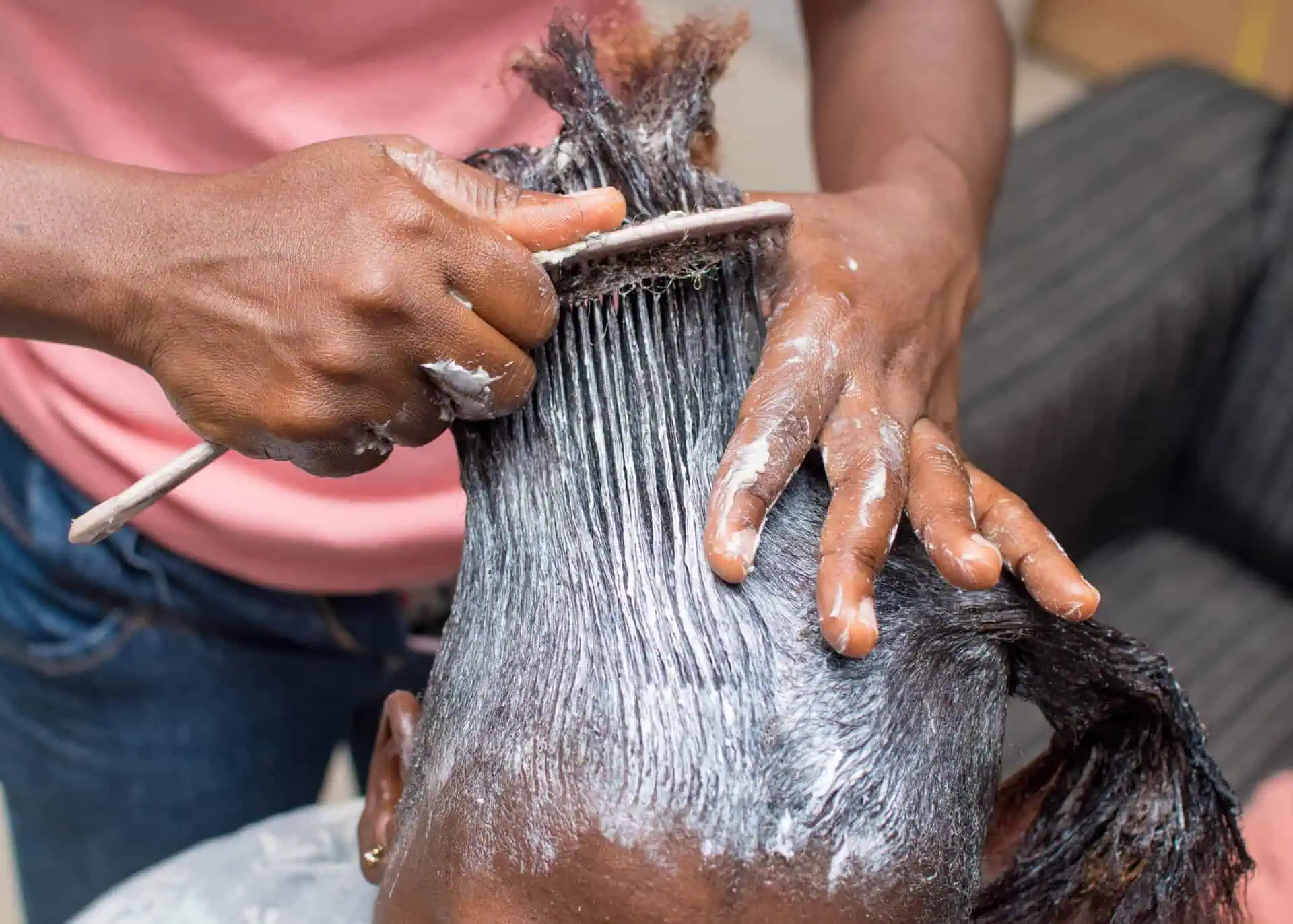On October 24, 2022, The Washington Post and other outlets reported that a federal lawsuit was filed against L’Oréal and other cosmetics companies, alleging that hazardous chemicals found in their hair straightening products put consumers at an increased risk of developing uterine cancer.
The lawsuit was filed by Jenny Mitchell, who was forced to undergo a hysterectomy at 28 after being diagnosed with uterine cancer.
The lawsuit was filed just a short time after the NIH published the results of their study.
The study followed 33,497 Sister Study participants over 10+ years and confirmed a link between hair-relaxing products and uterine cancer.
The findings were especially concerning for Black women like Mitchell, who have reported using chemical hair straightening products at higher rates than other demographics.
Uterine cancer is more common among Black women than women in other groups, and tragically, Black women are also more likely to die due to uterine cancer than women from other demographics.
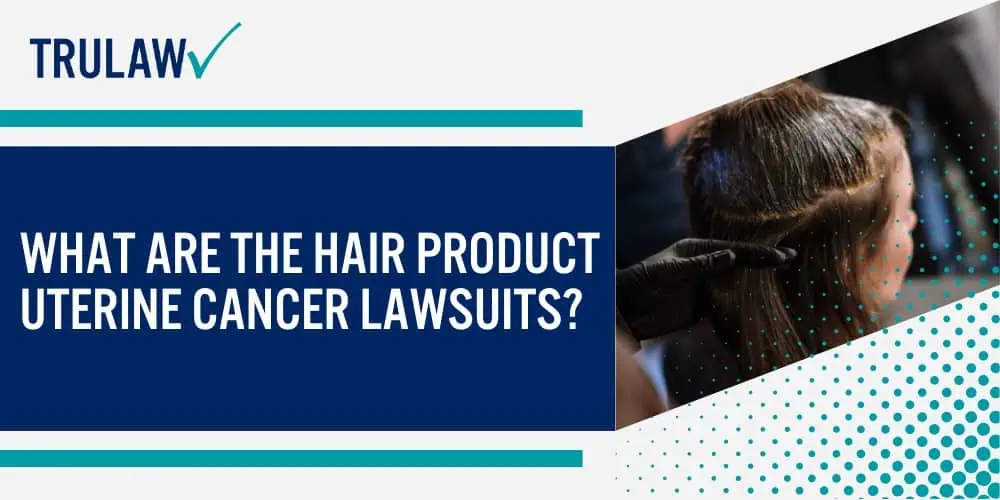
Still, anyone who developed uterine cancer after using chemical hair straightening products could be entitled to recover damages through a civil lawsuit.
If you meet these criteria, you might be able to pursue compensation for medical expenses, in-home care, lost income, lost quality of life, mental anguish, pain and suffering, and other losses.
To determine whether you qualify for a lawsuit, you should reach out to an experienced Illinois product liability lawyer at TruLaw.
